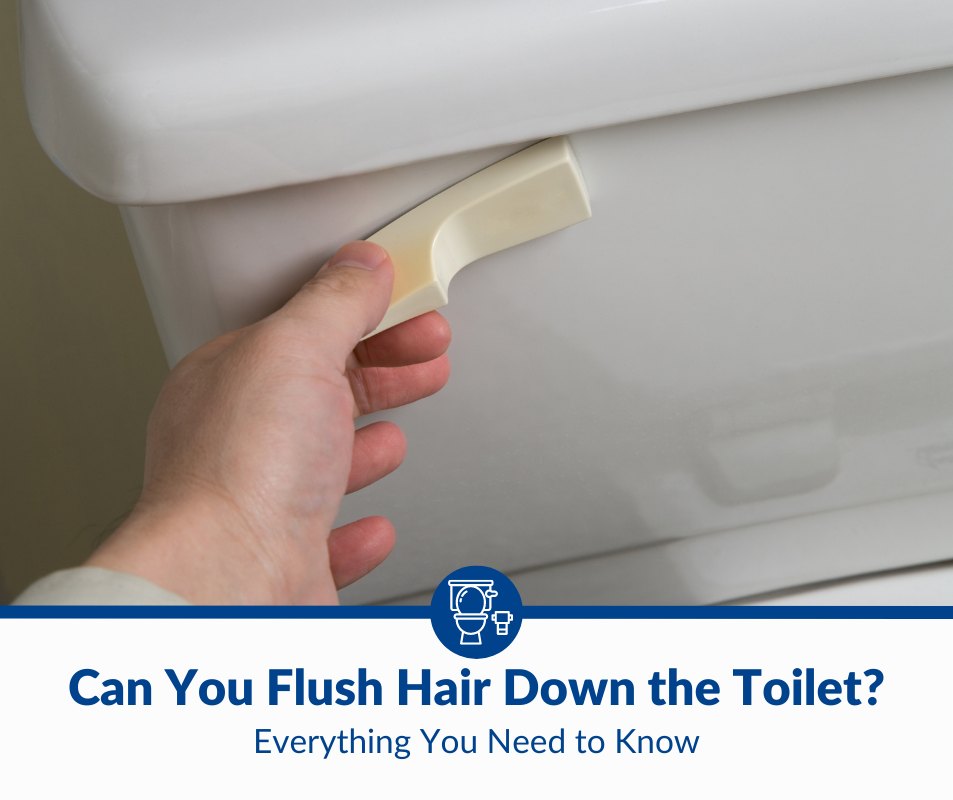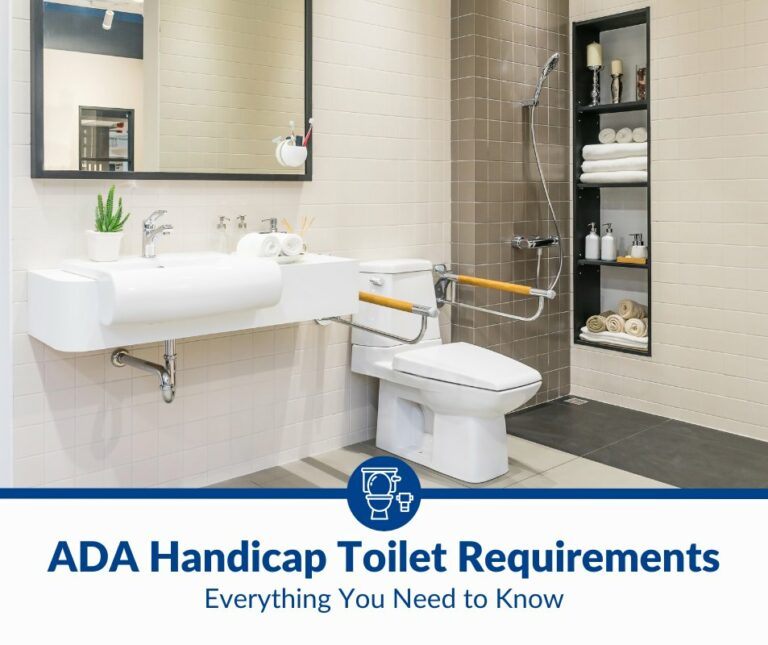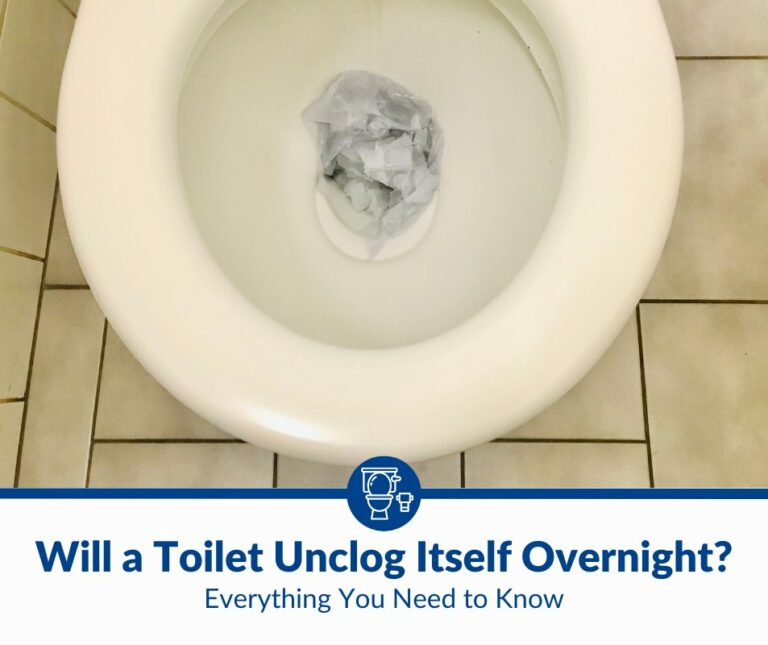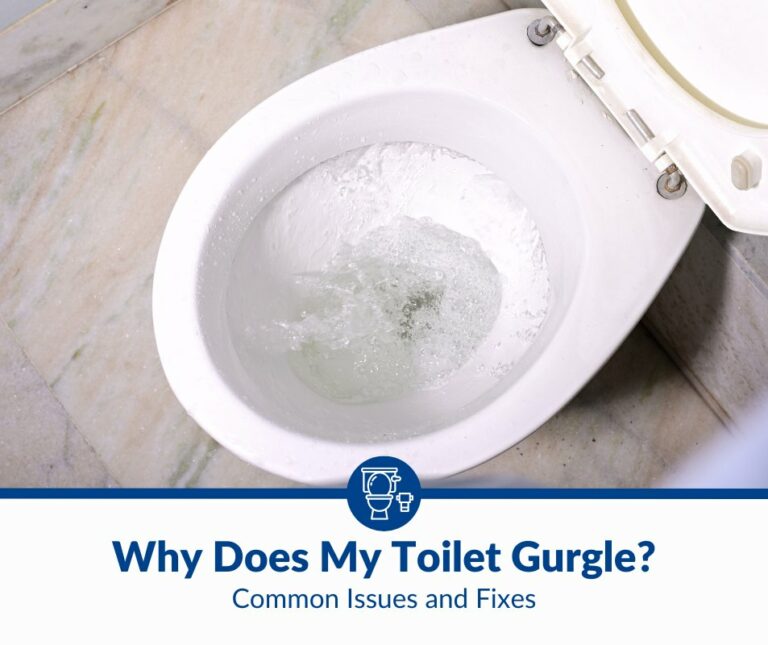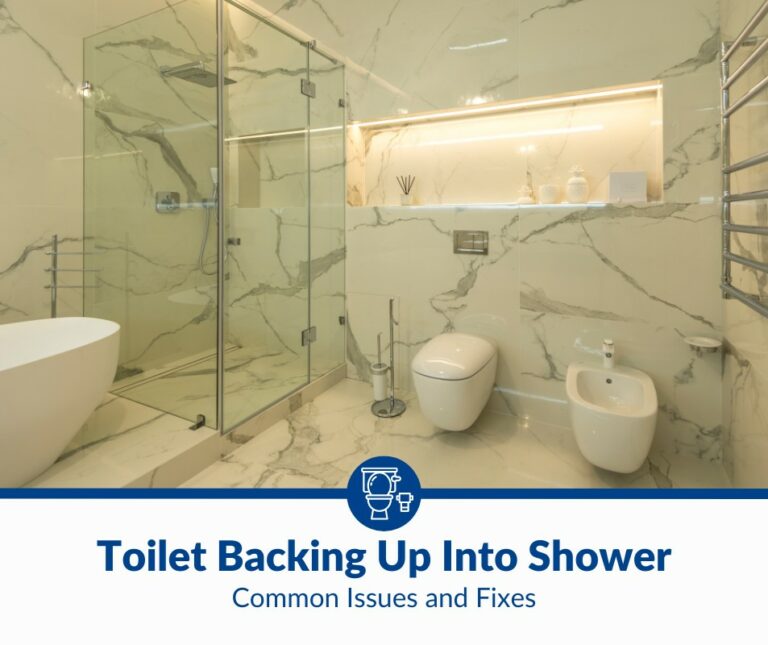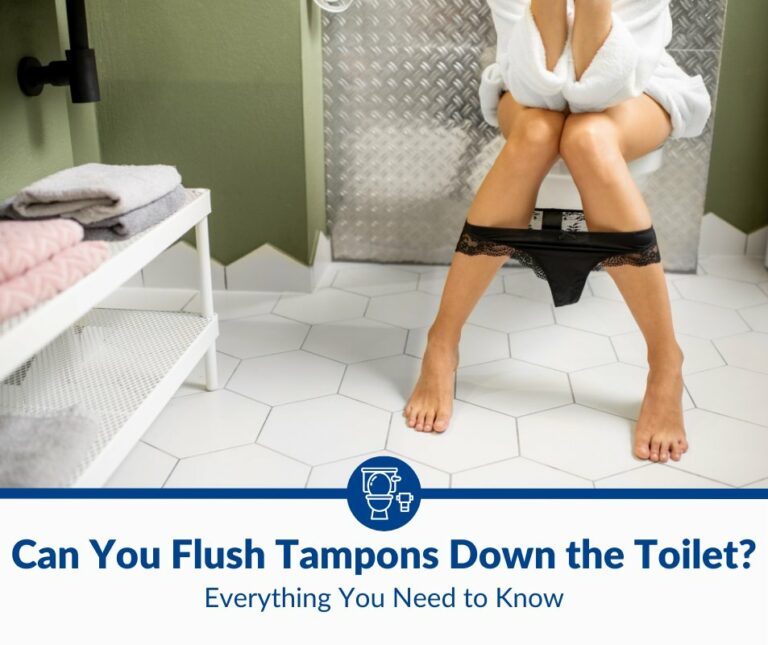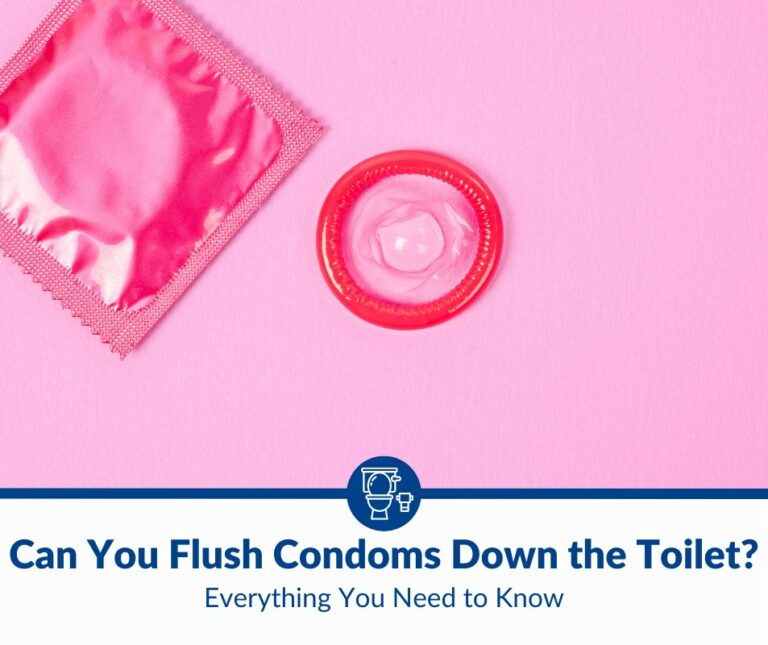Can You Flush Hair Down the Toilet?
Ever collected a wad of hair after taking a shower and thought the best way to get rid of it was to flush it down the toilet? It turns out that flushing your hair down the toilet isn’t the best method to dispose of it.
You should not flush hair down the toilet because it can cause clogs in your plumbing and is particularly difficult to clean. Hair requires special chemicals to break down inside your plumbing. There are far better ways to dispose of hair, including adding it to your compost or regular trash.
In this article, I’ll explore what happens when you flush hair down the toilet and its effect on your plumbing. I’ll also suggest better ways you can dispose of hair and point out other items you should keep out of your toilet.
What Happens When You Flush Hair?
When hair is flushed down the toilet, it can form a mesh with other materials in your pipe and cause clogs in your plumbing. Once your toilet gets clogged, it can be difficult to unclog it. You may even notice that the toilet is backing up into the shower, which is a messy ordeal, to say the least.
Most adults will tell you that getting hair out of the shower drain after it has congealed with soap suds is a nasty business. The same thing happens when you dispose of hair in the toilet, except it won’t be soap suds that mix with the hair but human waste (feces) that you’ve also flushed.
This problem is even bigger if you have long hair because long strands can get entangled and form a ball fairly easily. This ball of hair can grow large enough to clog your toilet after a few flushes.
Does Hair Break Down in Plumbing?
Hair does not break down inside plumbing after sitting around for a while because it takes a long time to decompose. The humid conditions inside plumbing don’t help hair disintegrate any faster than it normally does. In fact, unclogging hair from your toilet or drain requires the use of strong chemicals beyond regular strength drain openers.
If you do find that your toilet is backed up because of hair you’ve flushed over time, I recommend using Green Gobbler Main Drain Opener (available on Amazon.com). The chemical composition of this product helps break down hair and other organic materials without damaging your plumbing. It’s also environmentally friendly, which makes it a safe product to keep at home.
Why Hair Takes So Long To Break Down
Many people assume that because hair is an organic material, it should disintegrate and decompose very quickly. However, it’s important to note that hair isn’t very porous. In other words, it takes a long time for the water in the toilet to penetrate the hair shafts.
Despite the tremendous amount of bacteria inside the pipes below your toilet, most of it won’t be able to enter the hair shaft to break down the organic compounds within it. Each strand of hair is coated with a layer of keratin known as the cuticle, which protects the internal structures from decomposition.
The Correct Way To Dispose of Hair
Now that we’ve established that disposing of hair (human or animal) down the toilet isn’t a good idea, you’re probably wondering what alternative ways of hair disposal are available to you.
Here are ways you can safely dispose of hair instead of flushing it down the toilet.
Compost
Although it may take a long time for hair to decompose if it clogs your toilet or plumbing pipes, it’s still an organic material that you can compost. In fact, hair is an excellent source of nitrogen that you can add to your soil. If you don’t have a tabletop compost bin or a garden to build a compost pile, make sure that you put any hair you collect in brown paper bags and add it to the designated compost bin.
Note: Every country and state will probably have different rules regarding composting and recycling bins. Check with your local authorities to ensure that you’re allowed to add hair to your compost bin, and make sure you know the correct process to deliver your compost to government composting projects.
Collect and Recycle
Even though it might feel repulsive, many people find ways to recycle hair. Of course, collecting enough hair to recycle into anything useful would take a long time. Nonetheless, if you feel that you’re able to collect enough hair instead of flushing it down the toilet, here are a few ways to recycle it:
- Healthy hair is turned into wigs. Many people pay a lot of money to buy natural hair wigs. So, if you’re getting a haircut at home, it isn’t a bad idea to sell (or donate) it instead, given that the hair is healthy, of course. Longer hair is typically priced higher.
- Hairballs are used to stuff various items. You can use cleaned and disinfected hair to stuff pillows, toys, or even “beanbags.” Hair used for this purpose doesn’t need to be healthy, nor does it need to be brushed.
- Artists use hair to create their art. Although not very common, there are more than a few artists who use hair to knit structural art pieces, including a variety of masterpieces. You can either get creative yourself or sell it online to artists who request it.
- Hair mats can be used to clean waterways. Scientists have found ways to use the natural oil-absorbing properties of hair in order to clean up oil spills in waterways and large bodies of water. This solution involves making a “mat” out of human hair to absorb the oil and can save the lives of many marine animals.
Add to the Trash Bin
Finally, if you can’t go through the trouble of collecting hair or adding it to a compost bin, you can simply add it to your regular trash. Throwing your hair into the trash bin is the most common option in countries without a proper government-run recycling system.
Simply add any hair from your hair brushes or collected in your shower to your dustbin and throw it out with your regular garbage.
Other Items You Shouldn’t Flush Down the Toilet
Hair isn’t the only thing that can wreak havoc on your plumbing when flushed down the toilet. There are many more items and materials that you should avoid flushing. Here are a few of the most common.
Tampons
Although they’re very small, tampons are also extremely absorbent. Their size expands as they fill up with water, and they can very quickly cause a clog in your toilet. Some buildings don’t have pipes that are large enough to handle as little as two tampons within the same week.
It’s best to wrap tampons and dispose of them in the wastebasket.
Diapers
The materials used to fill diapers are ultra-absorbent, and the plastic exterior is non-biodegradable. In other words, not only will flushing diapers clog your home’s septic system, but it’s also very bad for the environment.
Some diapers are big enough that they won’t even pass through the siphon behind the toilet.
Wipes
Even wipes that are advertised as flushable shouldn’t be flushed in the toilet under any circumstances. The only reason some brands claim that their wipes are flushable is that they’re biodegradable and will break down over time. Until then, the wipes are bound to collect and create serious blockages in your septic system.
Oil
Fats, grease, and oil should never be thrown into the drain or flushed down the toilet. Even if they don’t create an immediate problem, these oils fuse with soaps and detergents in the sewage system via the process of saponification to create giant clogs in sewers. In fact, even if your building’s pipes don’t get clogged, the sewers in your area are bound to get backed up over time.
Plastic Bags
Last but not least, plastic bags and other plastic products shouldn’t be flushed down the toilet, no matter their size. As you probably already know, plastic is non-biodegradable and will end up in the ocean if it’s flushed down the toilet. Not only is this bad for the marine ecosystem, but there are also serious concerns about microplastics getting into the water supply.
Plastics are best disposed of in the recycle bin. Check with your local authorities for the proper instructions on how to recycle plastics because each facility has specific rules. Otherwise, the plastic might never get recycled and will end up in a landfill.
Final Thoughts
The bottom line is that you shouldn’t attempt to flush hair down the toilet, no matter how convenient that may be. While you won’t see any immediate problems with your plumbing, hair can accumulate and clog your pipes over time.
You can get rid of hair by adding it to your compost pit, recycling it, or even throwing it away with your regular trash. These methods are safer and won’t have any serious consequences.

